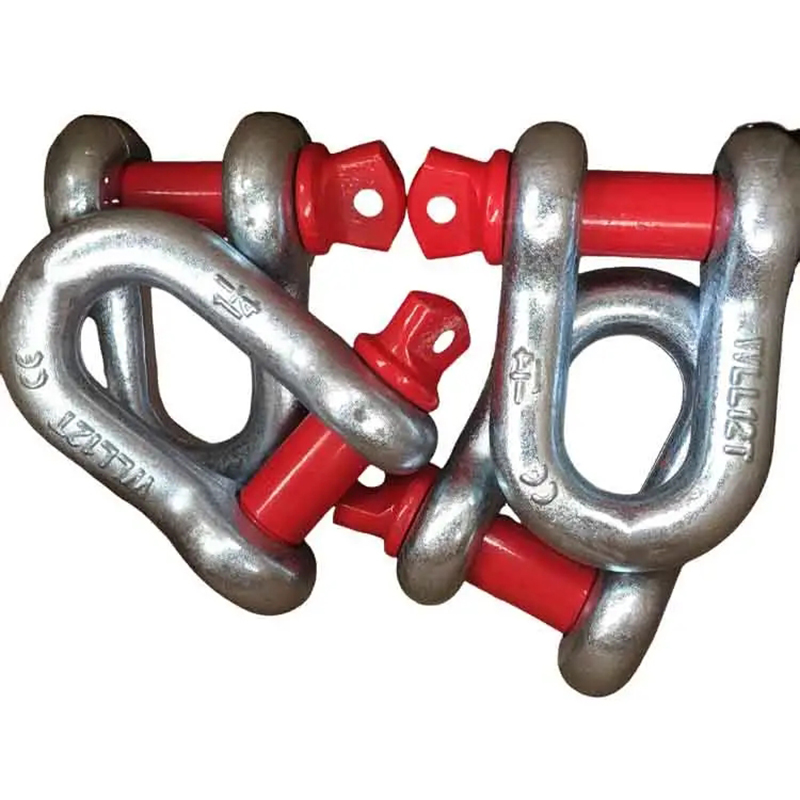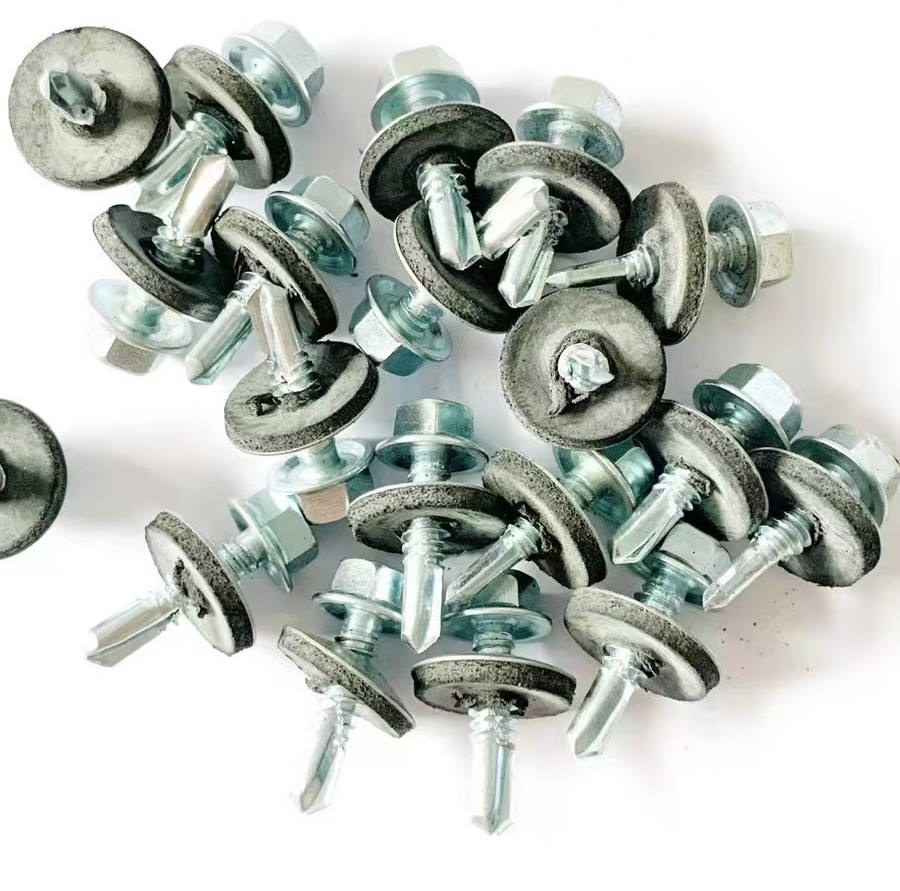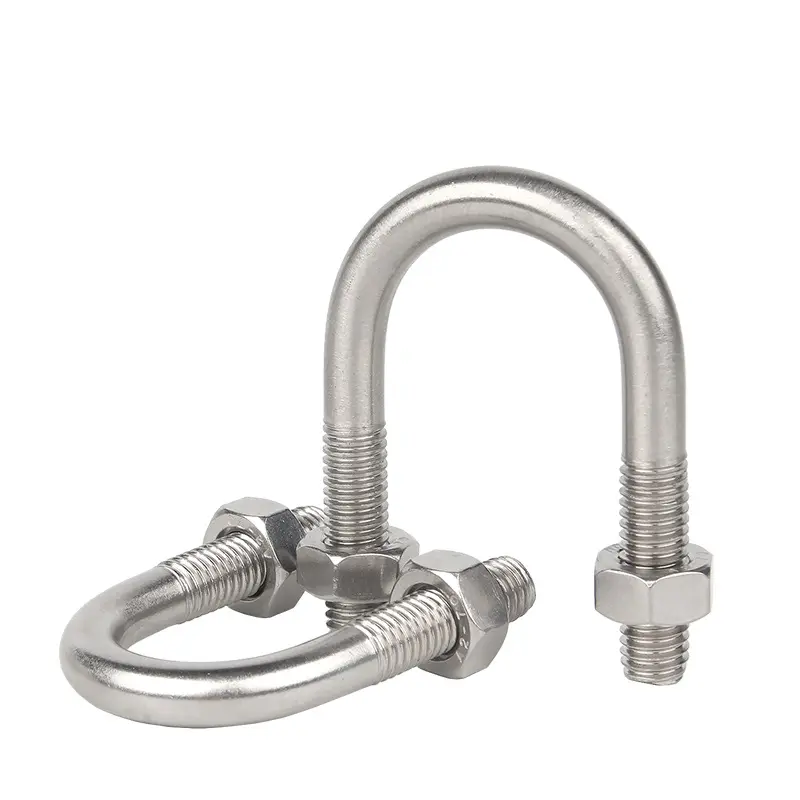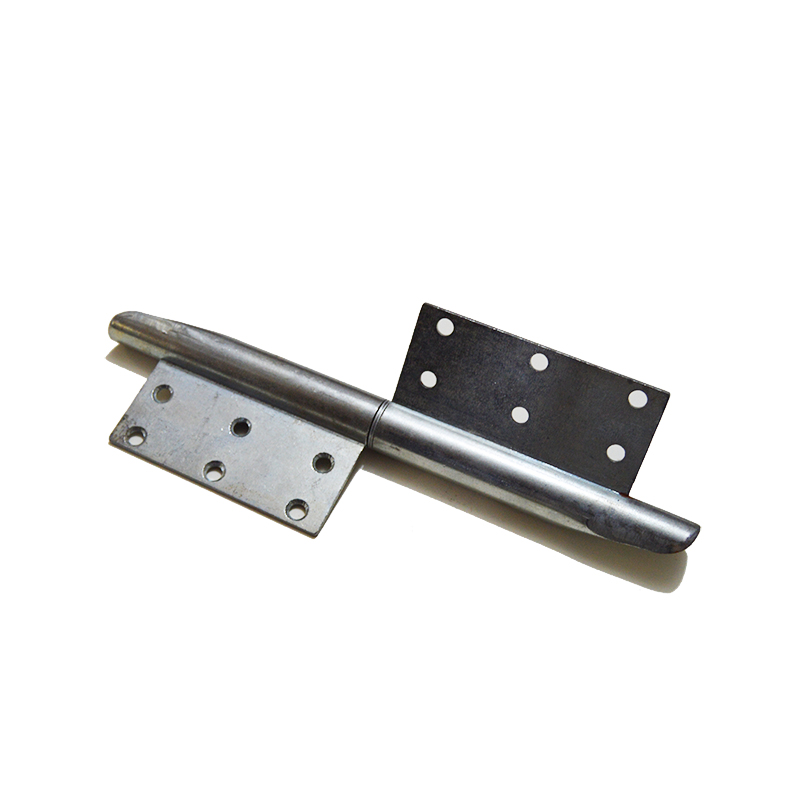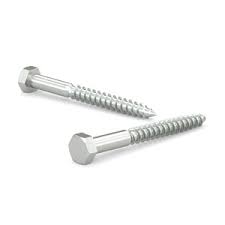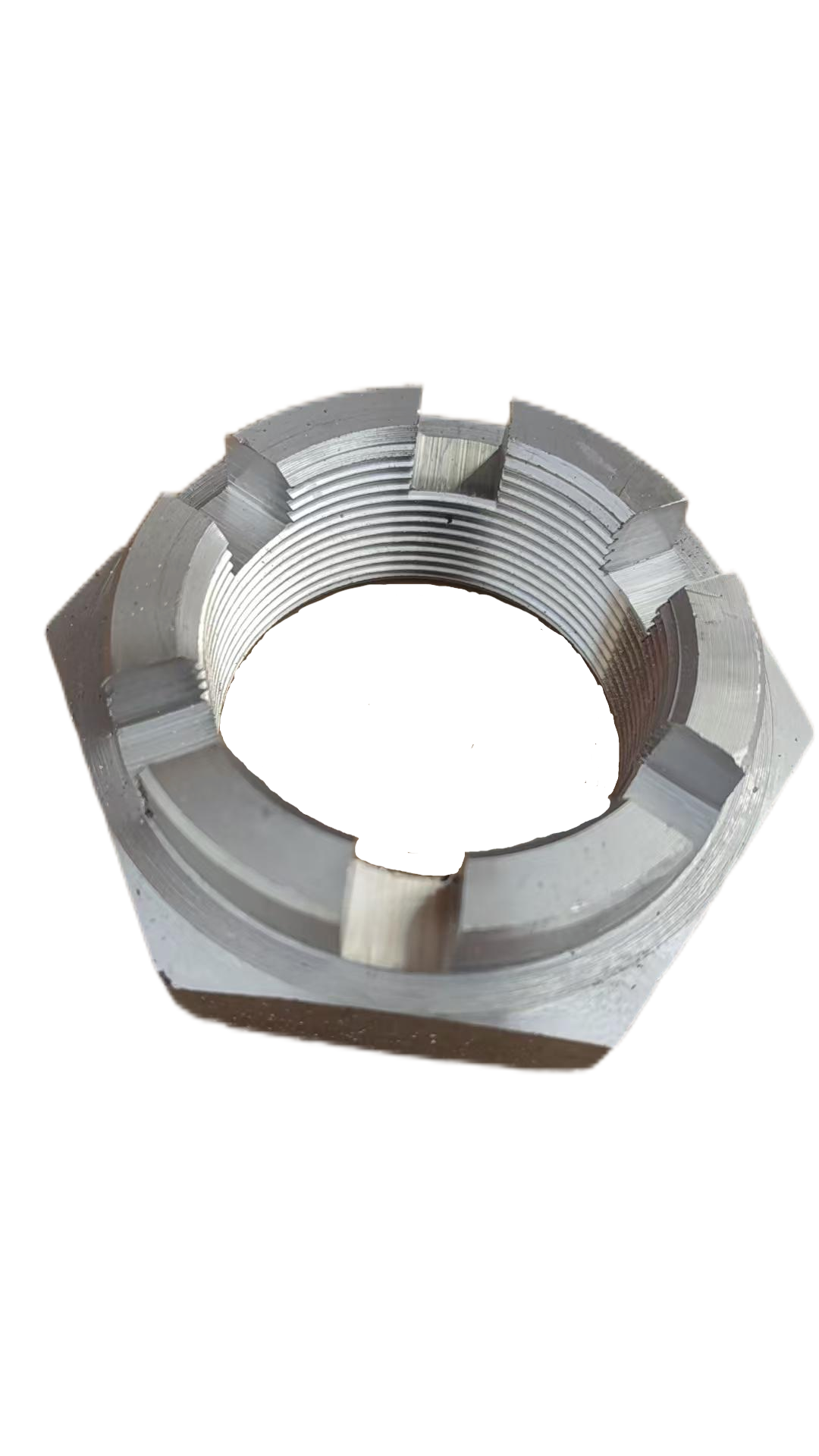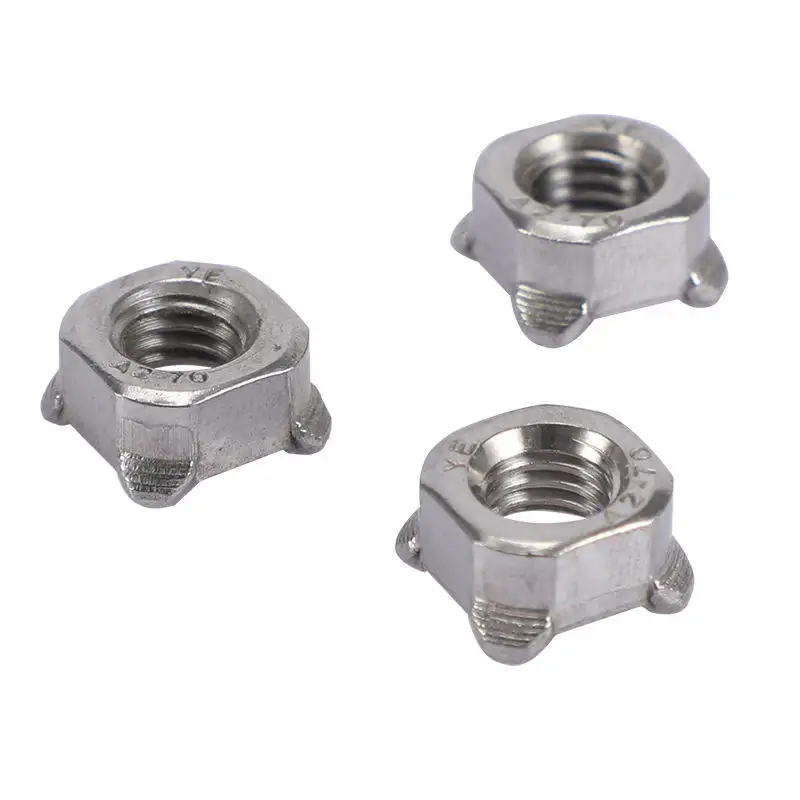

This guide helps you navigate the world of blind nuts suppliers, providing insights into choosing the right supplier for your specific needs. We'll explore various types of blind nuts, factors to consider when selecting a supplier, and best practices for ensuring quality and timely delivery. Discover how to find reliable and cost-effective blind nuts suppliers to meet your project requirements.
Blind nuts, also known as weld nuts, clinch nuts, or captive nuts, are fasteners installed in a hole where access from the opposite side is limited. They come in various styles, each designed for specific applications. Choosing the right type depends on material, application, and required strength. Common types include: riveting nuts, clinch nuts, weld nuts, and push-in nuts. Each offers unique installation methods and load-bearing capacities. Consider factors like material thickness, required tensile strength, and the environment where the nuts will be used.
The material of your blind nuts significantly impacts their performance and longevity. Common materials include steel (carbon steel, stainless steel), aluminum, brass, and plastic. Stainless steel blind nuts offer superior corrosion resistance, making them ideal for outdoor or marine applications. Aluminum blind nuts are lightweight and suitable for applications where weight reduction is crucial. The choice depends on factors such as the application's environmental conditions, required strength, and weight restrictions. Consult with a supplier to determine the best material for your specific needs.
Selecting a reliable blind nuts supplier is vital for the success of your project. Key considerations include:
Numerous online resources can assist in finding reputable blind nuts suppliers. Online directories, industry-specific websites, and search engines are valuable tools. Thoroughly review supplier profiles, check customer reviews, and compare offerings before making a decision. Don't hesitate to request samples to assess quality and confirm compatibility with your application.
Always request samples before placing a large order to verify the quality of the blind nuts. Check the dimensions, material, finish, and overall workmanship. Establish clear communication with the supplier regarding quality standards and expectations. Regularly inspect incoming shipments to ensure they meet your requirements.
Communicate clearly with your chosen supplier about your delivery requirements, including order quantity, delivery timeframe, and preferred shipping method. Track your orders and maintain open communication to address any potential delays. Selecting a supplier with a proven track record of timely delivery is crucial for project success.
While specific projects and client details cannot be publicly disclosed for confidentiality reasons, we can share general best practices. A successful blind nut implementation involves careful planning, including proper selection of nut type, material, and supplier. Accurate estimations of quantities and timely communication with suppliers are key. Quality assurance and post-installation checks ensure a robust final product. Working with a reliable supplier, such as Hebei Dewell Metal Products Co., LTD, can significantly streamline this process and enhance overall project outcomes.
| Material | Strength | Corrosion Resistance | Cost |
|---|---|---|---|
| Steel | High | Moderate | Low-Medium |
| Stainless Steel | High | Excellent | Medium-High |
| Aluminum | Moderate | Good | Medium |
Remember to always prioritize quality and reliability when choosing your blind nuts suppliers. Thorough research and due diligence will ensure your project’s success.

